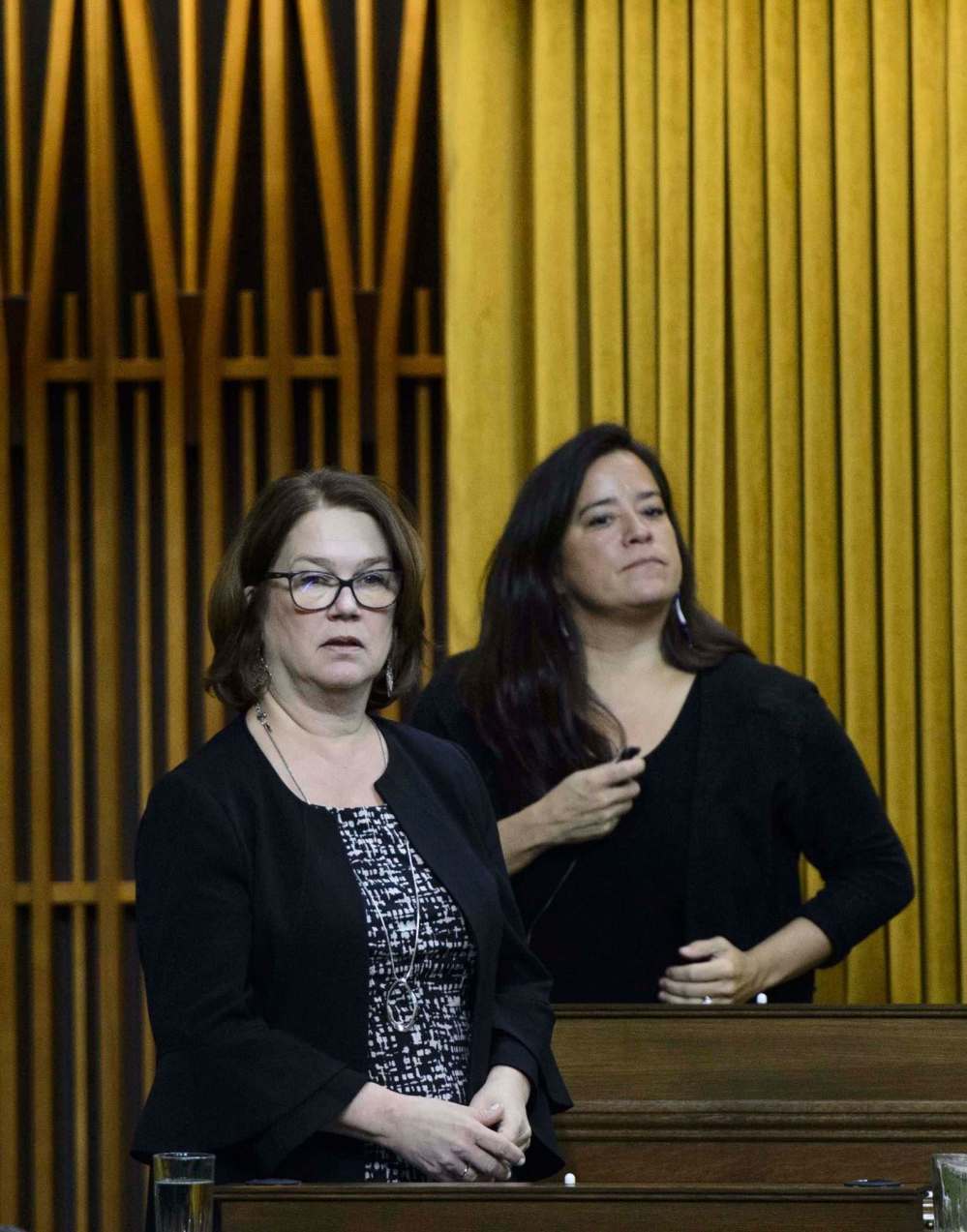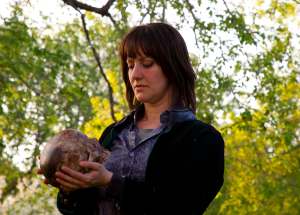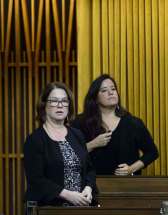Independent MPs face re-election challenges
Read this article for free:
or
Already have an account? Log in here »
To continue reading, please subscribe:
Monthly Digital Subscription
$0 for the first 4 weeks*
- Enjoy unlimited reading on winnipegfreepress.com
- Read the E-Edition, our digital replica newspaper
- Access News Break, our award-winning app
- Play interactive puzzles
*No charge for 4 weeks then price increases to the regular rate of $19.00 plus GST every four weeks. Offer available to new and qualified returning subscribers only. Cancel any time.
Monthly Digital Subscription
$4.75/week*
- Enjoy unlimited reading on winnipegfreepress.com
- Read the E-Edition, our digital replica newspaper
- Access News Break, our award-winning app
- Play interactive puzzles
*Billed as $19 plus GST every four weeks. Cancel any time.
To continue reading, please subscribe:
Add Free Press access to your Brandon Sun subscription for only an additional
$1 for the first 4 weeks*
*Your next subscription payment will increase by $1.00 and you will be charged $16.99 plus GST for four weeks. After four weeks, your payment will increase to $23.99 plus GST every four weeks.
Read unlimited articles for free today:
or
Already have an account? Log in here »
Hey there, time traveller!
This article was published 31/05/2019 (2388 days ago), so information in it may no longer be current.
Anyone who seeks a career in politics must first answer a difficult question: is my motivation in seeking public office to serve a higher purpose, or is it a naked personal ambition?
In reality, politicians must be both personally ambitious and committed to helping people other than themselves. The best politicians are those who keep both driving forces in balance; those who do not achieve such a balance risk losing their way.
This is the main challenge facing former Liberal cabinet ministers Jody Wilson-Raybould and Jane Philpott. Both were considered stars in the government of Prime Minister Justin Trudeau. Both resigned their cabinet posts to protest against political interference in a criminal prosecution involving Quebec-based engineering firm SNC-Lavalin. Both were ultimately ejected from the Liberal caucus for continued attacks on Mr. Trudeau and the Liberal party itself.

There are many Canadians who are sympathetic to the cause as identified by Ms. Wilson-Raybould and Ms. Philpott. The question is whether there are enough of them in two ridings — one in British Columbia and one in Ontario — to return the dissident Liberals as Independent MPs in the next Parliament.
The two MPs confirmed simultaneously last week that they would submit themselves to the mercy of voters as Independents after eschewing an offer from the Green party. The hill they must climb now to accomplish their re-election goal is very steep indeed.
The vast majority of Independent MPs are those who, like Ms. Wilson-Raybould and Ms. Philpott, were rejected by the party they represented when they were first elected. In recent history, only a handful of MPs has left the fold of a registered party and subsequently retained their seats as Independents.
In addition to the absence of logistical and financial support from party electoral machines, Independent candidates often have a tough time explaining to people why they want to continue in politics after losing the confidence of the party that helped them get elected in the first place.
This is the element missing from the narrative offered by both Ms. Wilson-Raybould and Ms. Philpott. Notwithstanding the issues of ethics and fairness that were raised in the SNC-Lavalin affair, neither MP has made a compelling argument for a continued career in politics.
Both claim that their candidacy is designed to promote non-partisan co-operation that frees MPs from the yoke of party discipline. Those are lofty goals, but few believe that on their own, a handful of Independent MPs has much of a chance to change the dynamics of the House of Commons. This is a reality that must be known by both former Liberal caucus members.

Of course, it should be noted that should there be a minority government — and the controversy surrounding SNC-Lavalin has made that a much more likely outcome in this fall’s election — Independent MPs could hold the balance of power in a fractured Parliament.
That would, however, require both Ms. Wilson-Raybould and Ms. Philpott to make another difficult decision: support a government led by Mr. Trudeau, a man whom they believe to be morally and ethically compromised, or a government led by Conservative Leader Andrew Scheer, a man whose policies are completely at odds with the values that brought the dissident MPs into politics in the first place.
First, however, Ms. Wilson-Raybould and Ms. Philpott will have to convince voters their motivations for remaining in politics have a higher purpose. That is a question that looms over their political careers.









